The MV Dona Paz Disaster: Reflecting on Loss and Learning from Tragedy
The accident that occurred on the MV Dona Paz is still considered to be one of the most catastrophic maritime incidents in history. It serves as a sobering reminder of the devastating effects that can result from human error. A passenger ferry from the Philippines, the MV Dona Paz, and an oil tanker, the MT Vector, were involved in a collision in the Tablas Strait on the 20th of December, 1987. Because of the collision, there was a devastating explosion followed by a fire, which resulted in the deaths of an estimated 4,386 individuals.
A Catastrophic Collision

The passenger ferry Dona Paz and the oil tanker Vector collided in the middle of the night, when visibility was already low due to the absence of navigational lights on both vessels. The disaster was made worse by the fact that the Dona Paz was carrying more passengers than it could safely carry. The resulting explosion caused a tremendous fire, which quickly consumed both ships and completely engulfed them. The disaster occurred on an unimaginable scale, causing an overwhelming number of lives to be lost and leaving a scar that continues to linger over the course of maritime history.
A Trail of Negligence
The incident raised serious concerns regarding the marine industry’s lack of safety precautions, excessive passenger loads, and slack regulatory standards. The fact that the MV Dona Paz was infamous for overloading and was carrying a substantial number of passengers in excess of its official capacity was a crucial factor that contributed significantly to the severity of the disaster. Inadequate training and slack enforcement of safety rules also played a significant role in the collision, which led to the tragic loss of life as a result of the incident.
Immediate Rescue and Relief Efforts
The enormity of the tragedy was so great that it overwhelmed the emergency response capabilities of the Philippines. The severity of the blaze and the sheer number of people who were killed or injured made it difficult to initiate immediate rescue and relief efforts. The terrible occurrence sent shockwaves through the nation as well as the worldwide community, which resulted in a re-evaluation of maritime safety standards as well as emergency response techniques.
Lessons Learned

The sinking of the MV Dona Paz sparked a reappraisal of maritime safety on a global scale, which in turn led to modifications in maritime rules and standard operating procedures. The tragedy brought to light the urgent requirement for improved safety standards, stricter enforcement of passenger limitations, and heightened vigilance in vessel maintenance and crew training. The disaster served as a wake-up call for the maritime sector, which led to improvements in safety regulations and a renewed focus on the importance of passenger and crew wellbeing.
Honoring the Victims

In the wake of the catastrophe, memorials and commemorations were erected in order to pay tribute to the people whose lives were taken away and to ensure that the tragedy would not be forgotten. These memorials are meant to serve as a reminder to those working in the marine sector and to society as a whole about the necessity of constant improvement and vigilance in order to forestall the occurrence of disasters of a similar catastrophic kind in the future.
Continued Vigilance and Progress
The tragedy that occurred on board the MV Dona Paz serves as a sobering reminder of the potential repercussions that can result from carelessness, excessive crowding, and a lack of respect to safety standards. In the years that followed, efforts have been undertaken all over the world to improve maritime safety, to prevent overloading, and to apply stringent safety procedures. There has been a concerted effort made by a variety of entities, including national governments, international organisations, and the maritime sector, to reduce the likelihood of such catastrophes occurring in the future.
In conclusion, the tragedy that was the MV Dona Paz accident was a terrible occurrence that sent shockwaves across the maritime industry and beyond. As a result of the aftermath of the disaster, there has been a recommitment to improving maritime safety and regulatory standards. This recommitment emphasises the importance of drawing lessons from previous disasters in order to avert similar calamities in the future. The recollection of this tragedy will long serve as a powerful reminder to members of the marine community of the importance of maintaining vigilance, practising safety, and demonstrating compassion.
Need Help At Sea ? Contact Us Now!
BALANCIA SHIP AGENCY
HQ Address : Komplex Ruko Golden City Block C No.3A, Batam City, Indonesia 29432
www.balancia.co.id
Mobile Ph. : +628112929654
Office Ph. : +627784883769
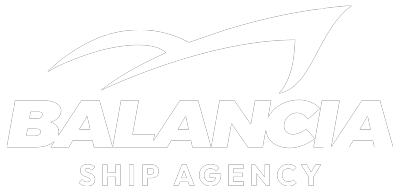
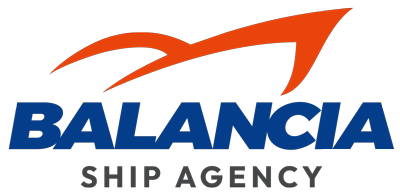
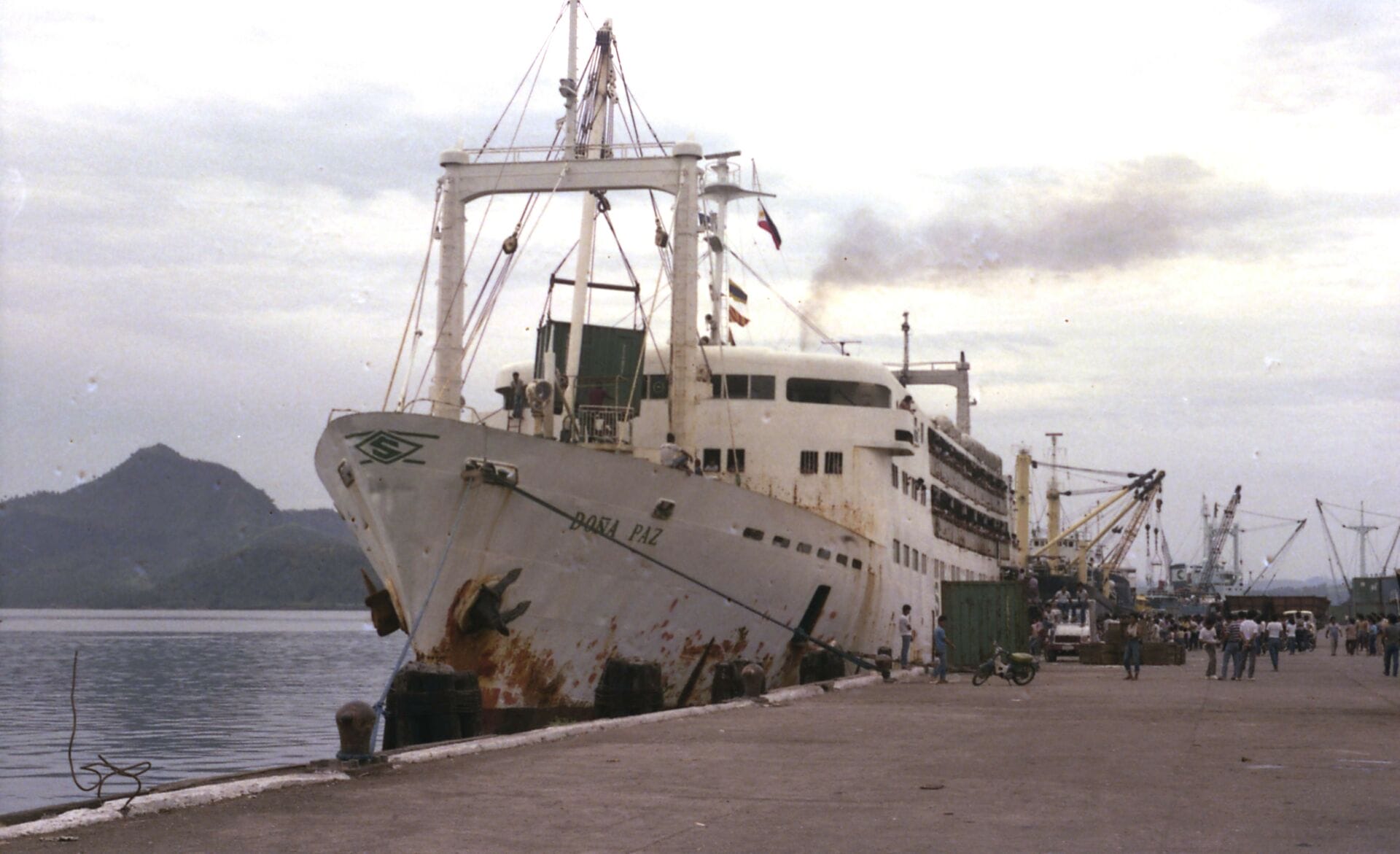

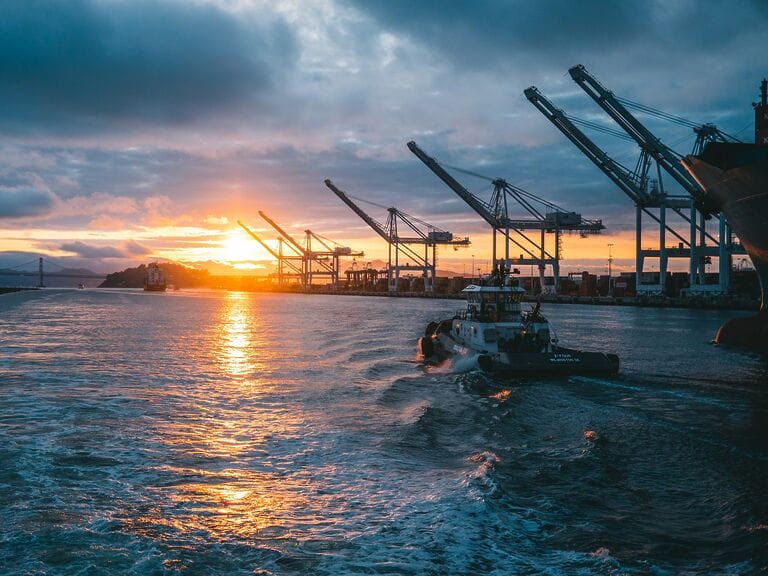
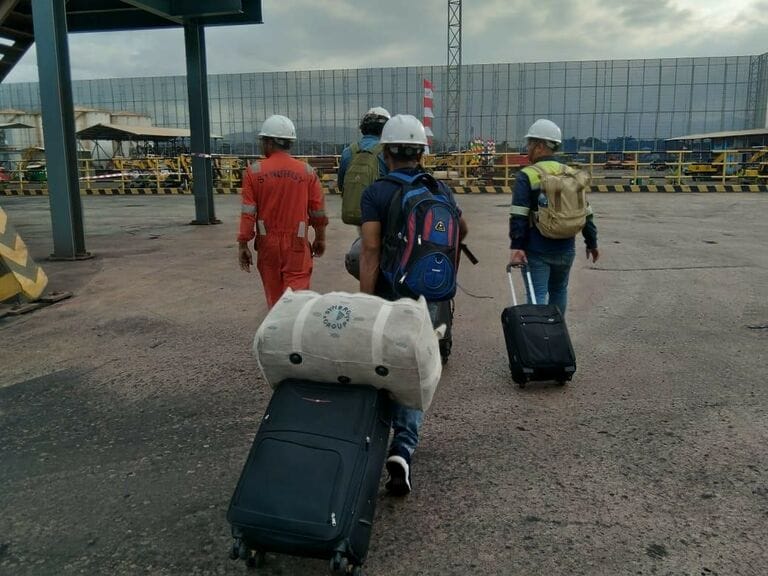
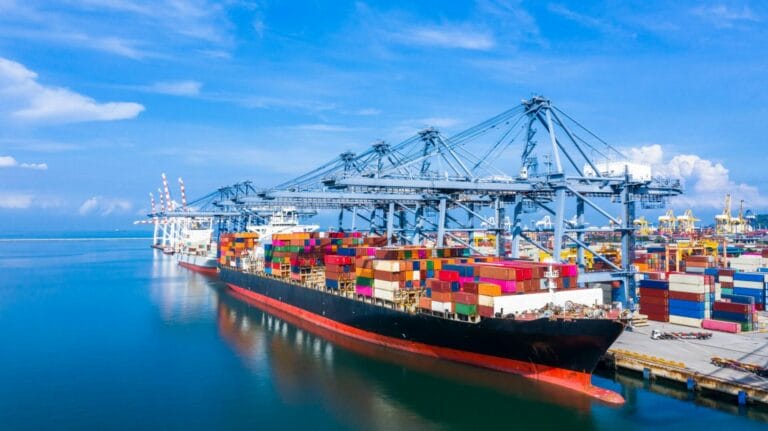
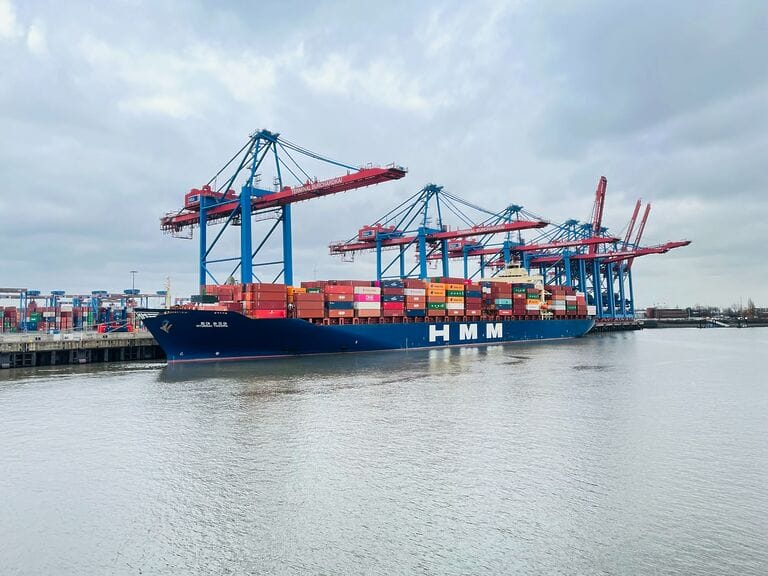

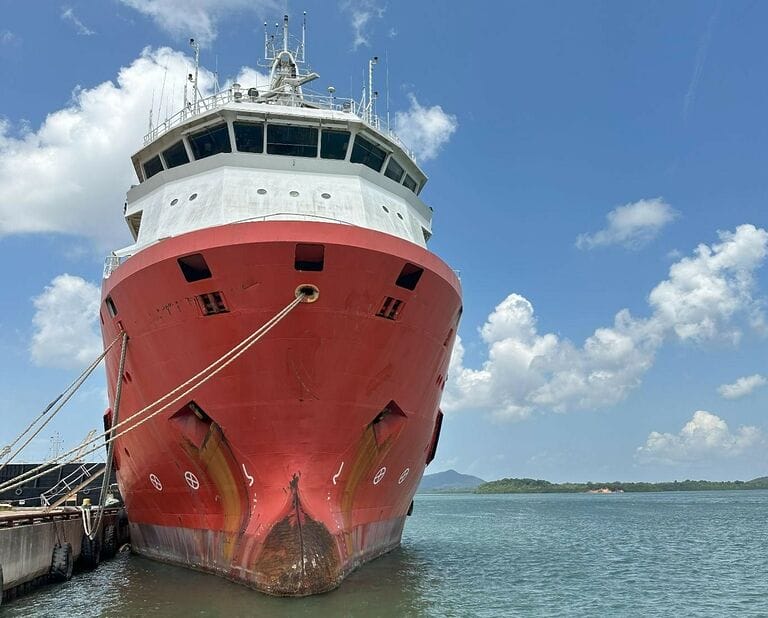

complete story in detail